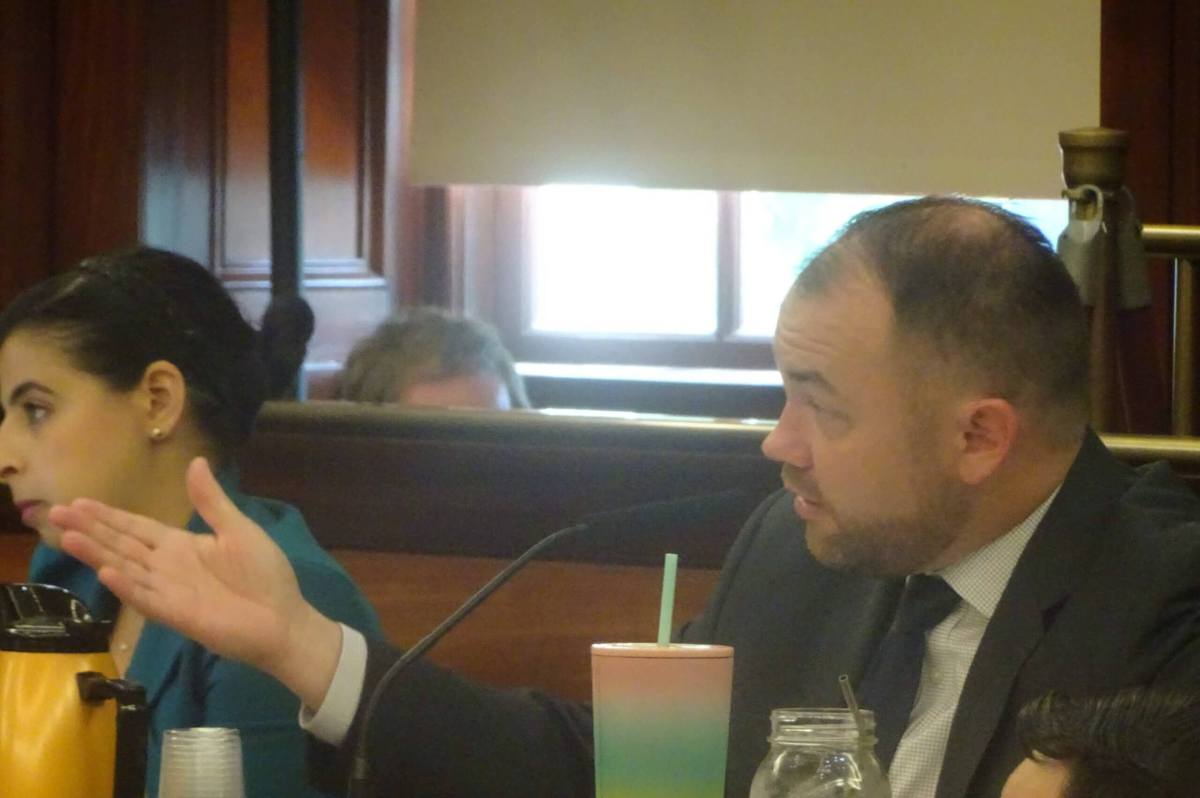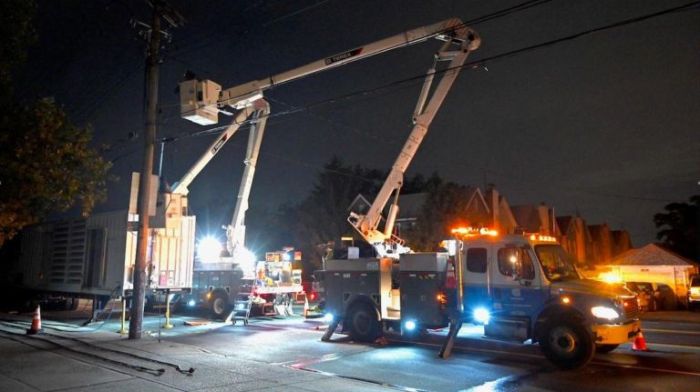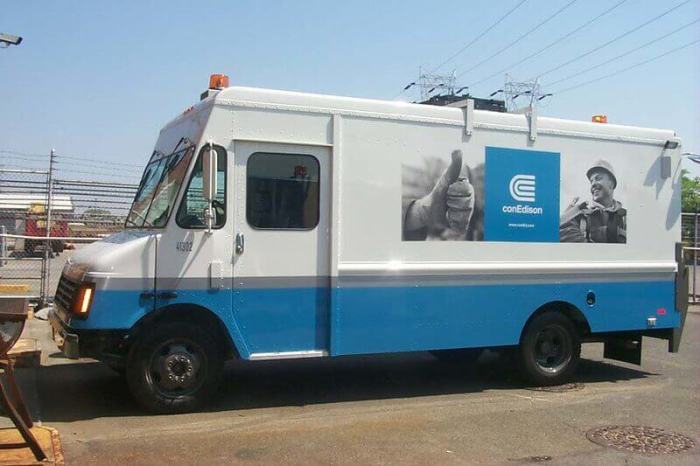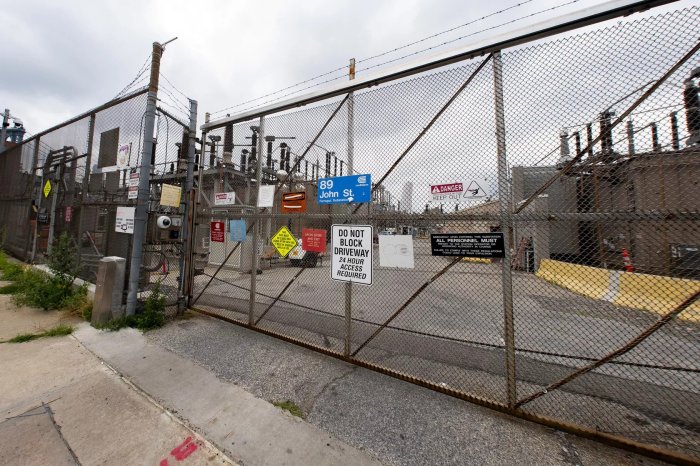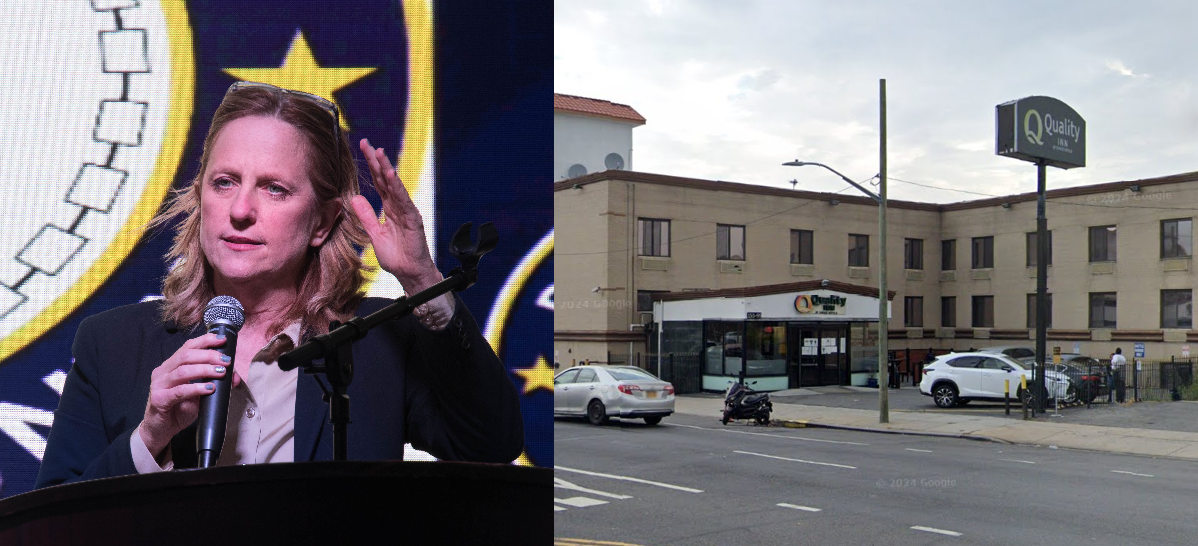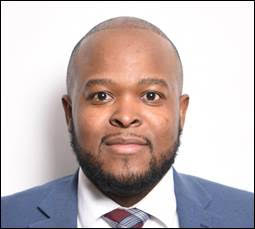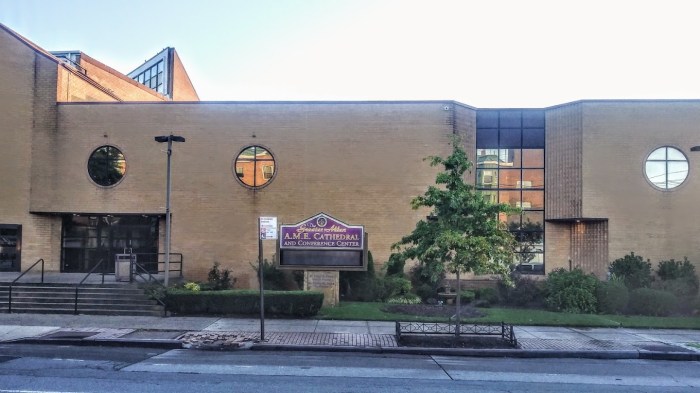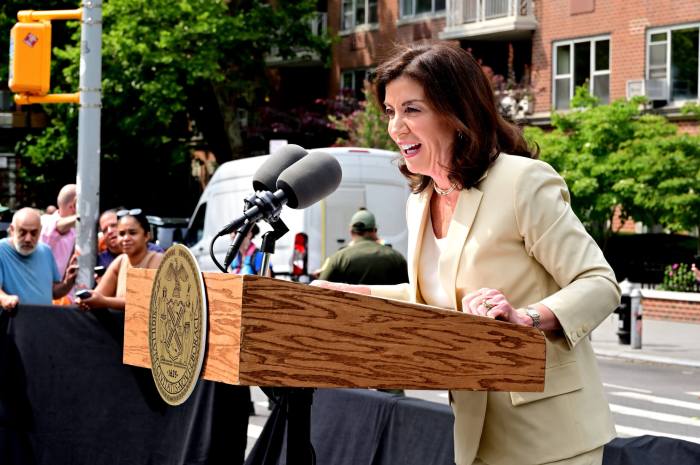City Council Speaker Corey Johnson (D-Chelsea, Hell’s Kitchen) didn’t pull any punches at this morning’s oversight hearing on the power outages that plagued New York over the summer. In no uncertain terms, he demanded Con Edison to acknowledge their culpability and answer for their failings.
“A power outage in this city translates into complete and utter chaos,” said Johnson. “It’s unacceptable. It is unacceptable for adults and children alike to get trapped in subway cars and elevators in complete darkness. It is unacceptable for our city’s multi-billion dollar economy to grind to a halt due to equipment failures. I look forward to hearing a comprehensive and thorough response from Con Ed this morning.”
The hearing took place at the City Council Chambers at 10 a.m. Johnson was accompanied by Public Advocate Jumaane Williams (D) and Council Members Keith Powers (D-Carnegie Hill, Yorkville), Margaret Chin (D- Battery Park City, Chinatown), Costa Constantinides (D-Astoria, East Elmhurst) and Rafael Espinal (D-Cypress Hills, Bushwick), among others.
Johnson began with a lurid recap of the outages and their immediate effects on the surrounding neighborhoods. The first outage, which happened on July 13, left most of the west side of Manhattan shrouded in darkness for several hours. Later, on July 31, an intense heat caused underground wires to overheat, which triggered power failures across Queens and Brooklyn.
“Prior to the heat wave, Con Edison President Tim Cawley reassured us that they were ready for what the heat would bring,” said Johnson. “According to him, Con Ed had learned from previous peak demand events, and they were fully prepared. During a press conference, Mr. Cawley stated that Con Ed spends an entire year preparing for the high demand summer season. Over the past year, they invested 1.5 billion dollars in their energy delivery seasons. Unfortunately, Mr. Cawley grossly overestimated Con Ed’s capabilities.”
Johnson went on to denounce Con Ed for cutting power to several Brooklyn neighborhoods during the ordeal. The company, he said, deprived 30,000 citizens of power at a time when they needed it the most.
“On the hottest day of the year, Con Ed cut power to 30,000 customers in Canarsie, Mill Basin and Flatbush,” said Johnson. “They also reduced voltage in Prospect Lefferts Gardens, Prospect Heights, Flatlands, Brighton Beach and Georgetown. Of these neighborhoods, Canarsie and Flatlands rank four out on five on the city’s heat vulnerability effects, making these cities especially at risk during and after extreme heat events.”
Rafael Espinal pointed out that during the second power outage occurred after five power cables failed at once – indicating egregiously faulty wiring that should have been detected during a routine check.
“The experts we consulted with said that it is extremely rare for five cables to fail at once, as they did in Brooklyn,” said Espinal. “The industry standard is to test cables on a regular basis. Clearly, somebody at Con Ed was not doing their job.”
Afterwards, the Council heard a response from three representatives of Con Ed. The panel consisted of Government Relations Vice President Kyle Kimball, Central Engineering Vice President Steve Parisi, and David DeSanti, Con Edison’s vice president for Brooklyn-Queens Electric Operations.
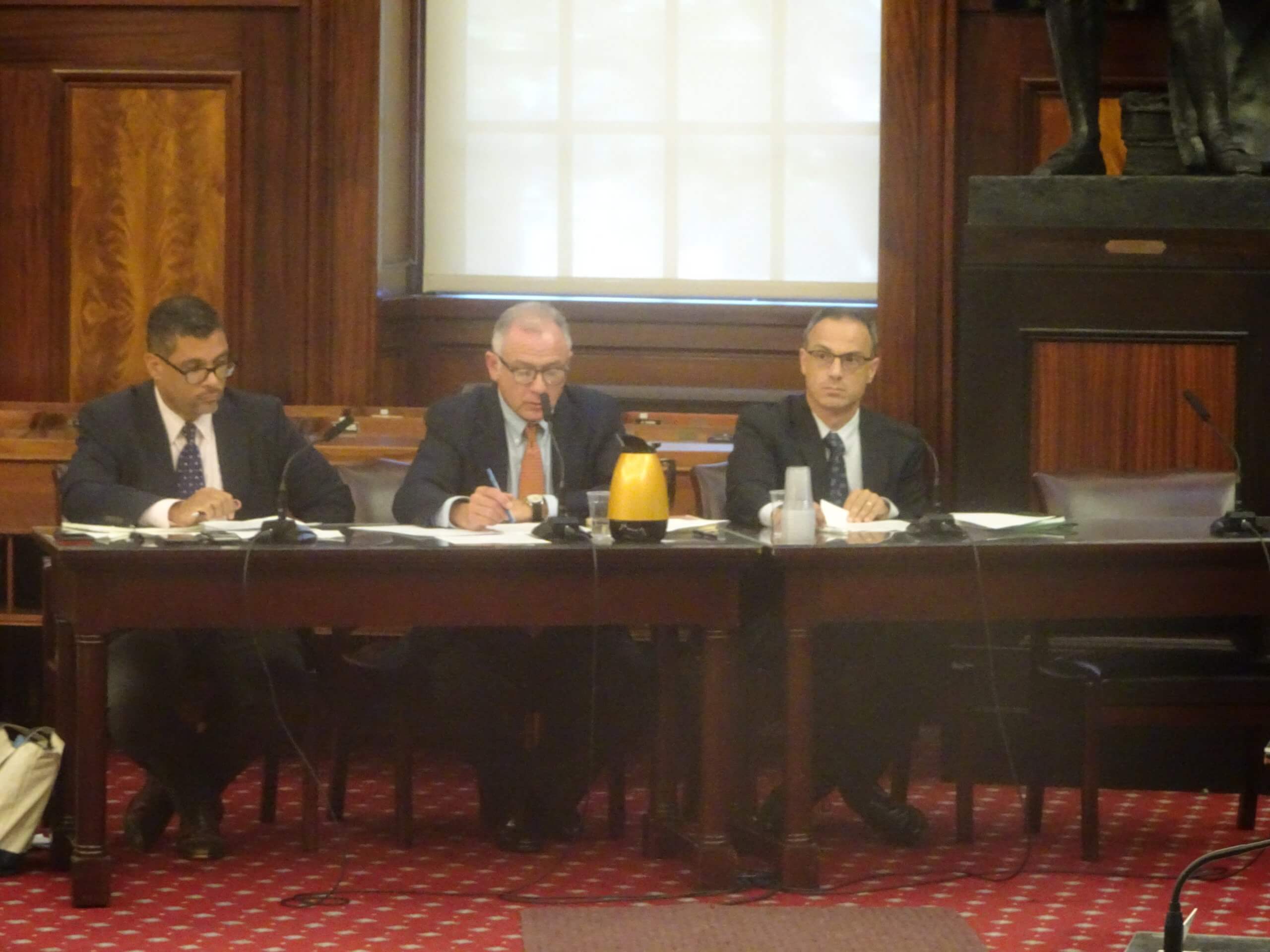
DeSanti argued that they cut power to 30,000 of their customers as an emergency measure to prevent further damage. Furthermore, they said, those same customers would have ultimately lost power anyway.
“We understand the frustration our customers have expressed,” said DeSanti. “The analysis by our engineers and operators made it clear that if we took no action, additional power lines were going to fail. It would have taken longer to repair and resulted in more extensive damage. Our action also prevented widespread impact, as service interruptions would have reached an additional 99,000 customers.”
But Johnson maintained that there was no excuse for the company’s public statement that they were “ready” for the heat wave, given what ensued.
“Tim Cawley said that Con Ed was ‘ready for what the heat would bring’,” said Johnson. “And I detailed what happened exactly after he said that – neighborhood by neighborhood, borough by borough. Do you think that the public should feel safe the next time your president stands up in front of the public and says that you’re ‘ready’ for the weekend?”
Several times during the Q&A, Johnson scolded the panelists for their lack of preparedness. When he asked the panelists when the last time they tested the blackout protection system before the failure, the panelists failed to produce an exact date.
“You should have the exact date,” said Johnson. “That’s a very key question that the public should have the answer to. You’re in charge of this, and you can’t tell me the last time the system was tested? You came here today without an answer to that? That’s unacceptable.”
Near the conclusion of the hearing, Johnson demanded that the panelists produce a written response to the questions they failed to answer.
“It is inadequate and laughable at this point,” said Johnson. “There seems to be a tonal mismatch here. I think it’s important for any agency to have a candid, introspective assessment of themselves. If I were you, I would be saying, ‘I am so effing sorry for what I did! This is embarrassing!’ And I don’t hear that. I don’t hear that exuberance or that passion in what you’re saying.”



